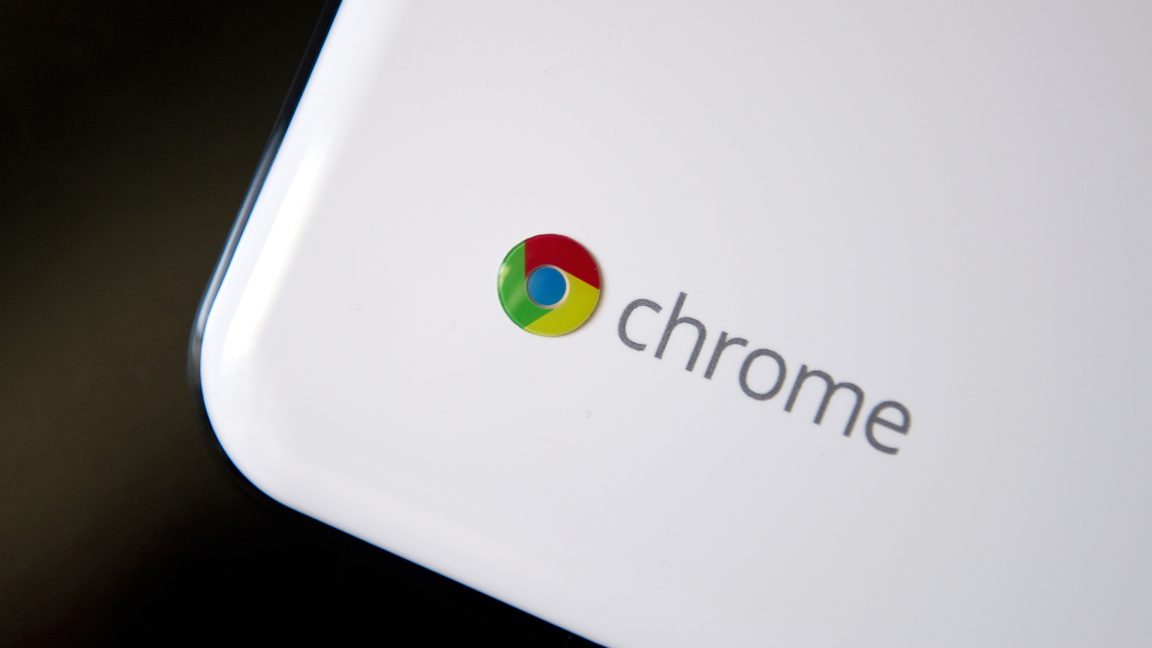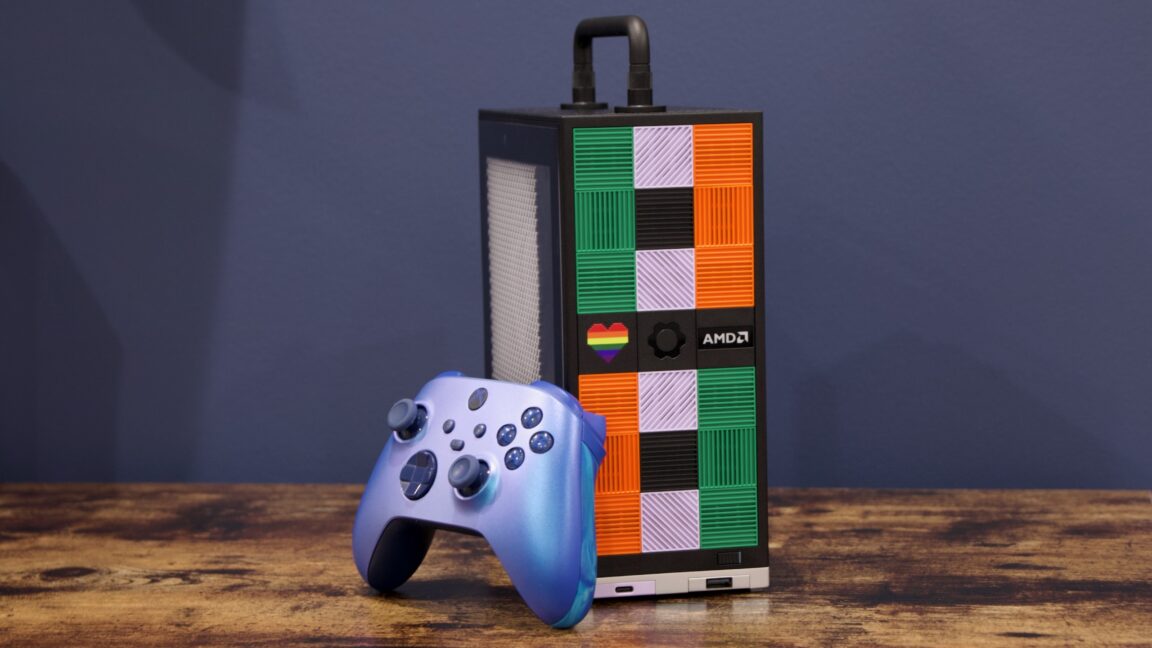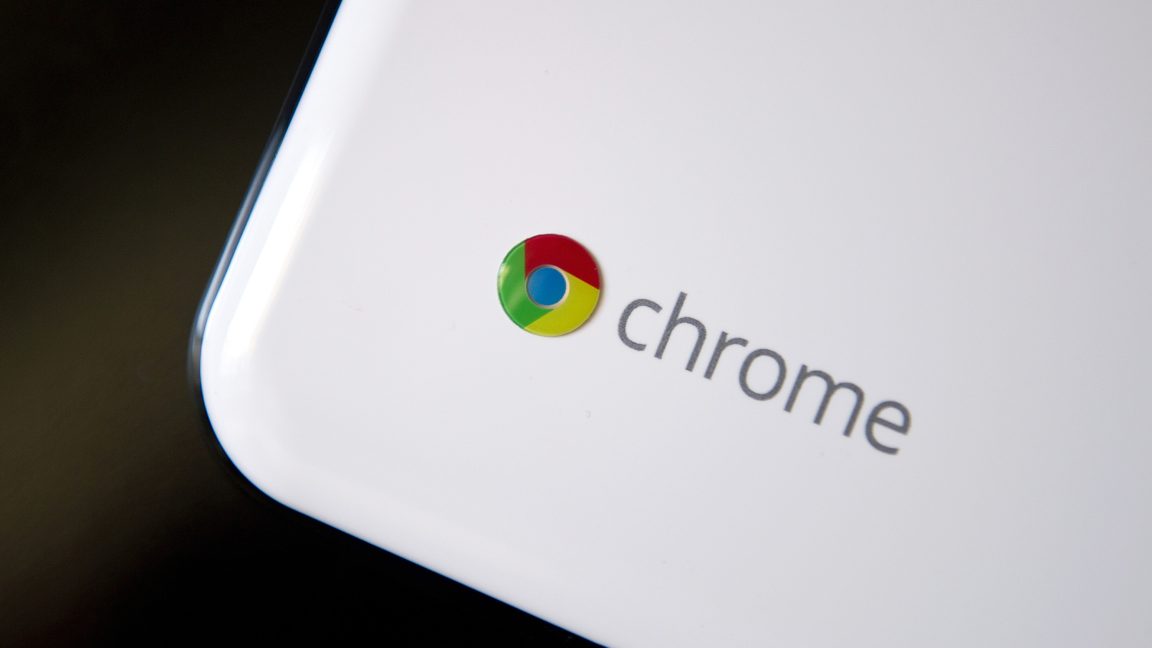Google and Valve to End Steam for Chromebooks Experiment by January 2026

If you are among the users who enjoy playing games on Steam with a Chromebook, there’s some disappointing news. Google and Valve have announced that they will discontinue support for the ChromeOS version of Steam, effective January 1, 2026, according to 9to5Google. Although Steam can still be installed on Chromebooks for the moment, a notification now alerts users of the upcoming end of support.
The notification states, “The Steam for Chromebook Beta program will conclude on January 1st, 2026. After this date, games installed as part of the Beta will no longer be available to play on your device. We appreciate your participation in and contribution to learnings from the beta program, which will inform the future of Chromebook gaming.”
Steam was first introduced on Chromebooks in early 2022 as an alpha version. It initially worked on a select few Chromebooks that had newer, higher-spec devices with Intel processors. Later that year, it transitioned into a beta version, which reduced system requirements while adding support for AMD CPUs and GPUs. Despite this expansion, Google and Valve have remained largely silent about further developments since then.
The Steam beta on Chromebooks was part of Google’s “gaming Chromebook” initiative aimed at enhancing gaming on these devices between 2022 and 2023. This push resulted in laptops with better hardware and displays that could handle high-refresh rates, along with optimized versions of GeForce Now and Xbox Cloud Gaming. Google's efforts to integrate Steam with ChromeOS can be traced back to at least 2020.
However, despite supporting the Proton compatibility layer, which allows many Windows games to run on Linux-based SteamOS, Steam on Chromebooks faced hurdles due to limited game compatibility. This limitation stemmed from the slower, older, low-end chips in most Chromebooks that featured integrated graphics far less powerful than those in high-end Windows laptops or the Steam Deck.
Currently, Google lists only 99 games that are compatible with Chromebooks. These are predominantly older or less demanding titles, many employing 2D rather than 3D graphics. While newer and more demanding games could theoretically run with the help of Proton, they aren't practically playable due to hardware limitations.
Google’s previous endeavors included testing Chromebooks with Nvidia GeForce GPUs, which progressed to the point of assigning codenames to their boards. Nonetheless, these projects were quietly dropped without much public attention.
As Steam's Chromebook project seemingly draws to a close, it could be due to low usage or the inherent hardware limitations of Chromebooks for gaming. Another possibility is that Google is strategically wrapping up ChromeOS-related projects as it prepares for a potential merger of Android and ChromeOS. Looking ahead, it's likely that future gaming on Chromebooks will continue to rely heavily on cloud-based platforms.
– Andrew Cunningham, Senior Technology Reporter
Andrew Cunningham is a Senior Technology Reporter for Ars Technica, specializing in consumer technology and operating system analysis. Based in Philadelphia, he also co-hosts a weekly book podcast called Overdue.



